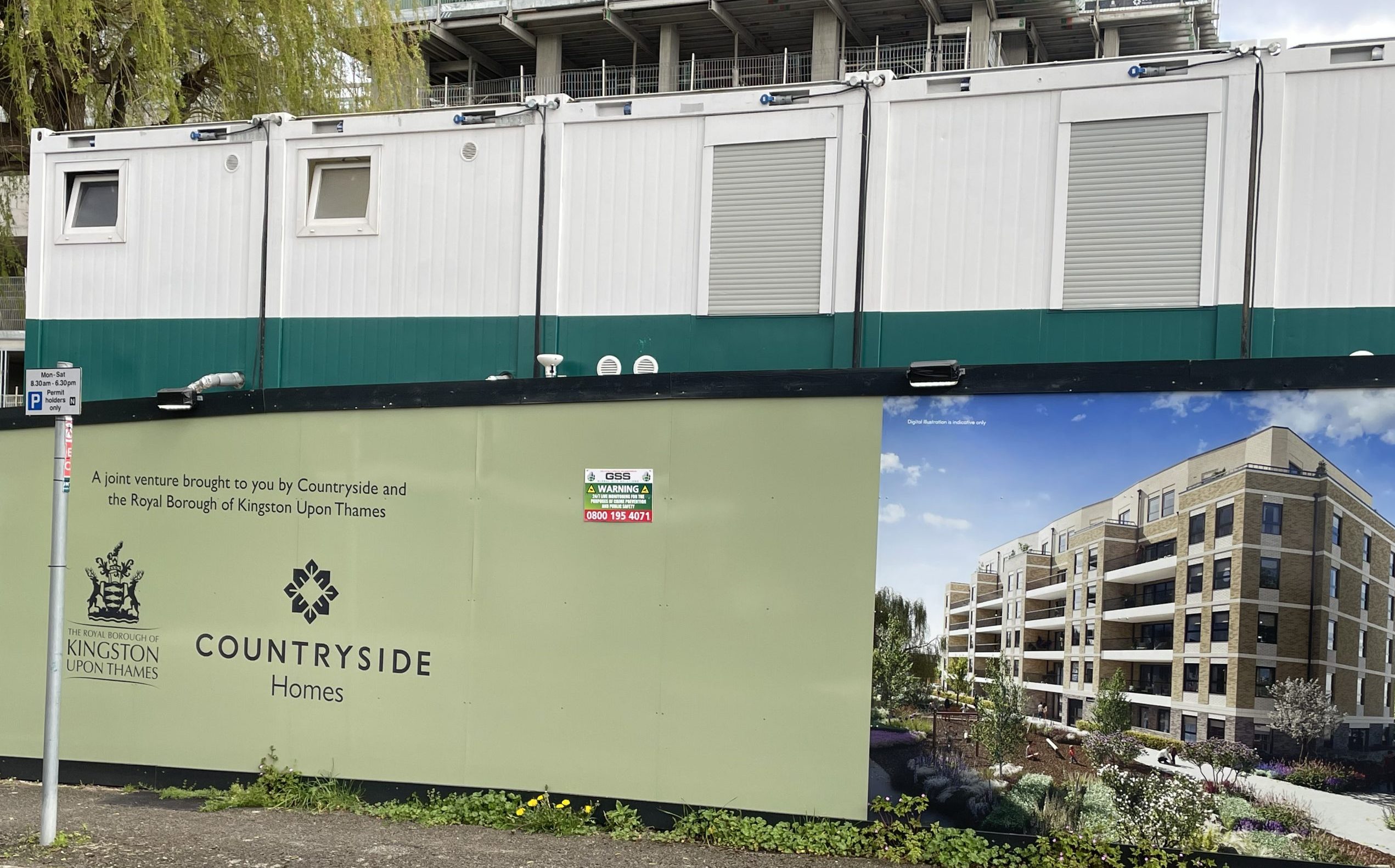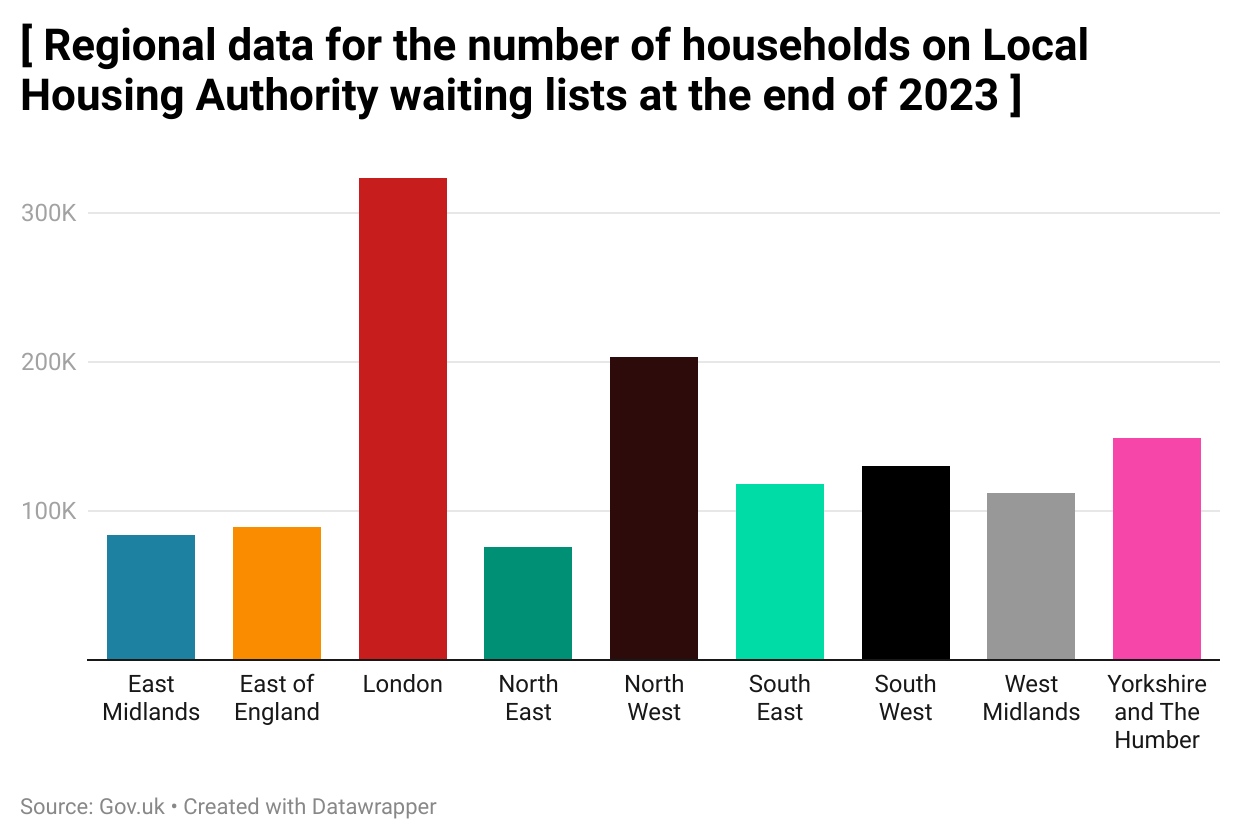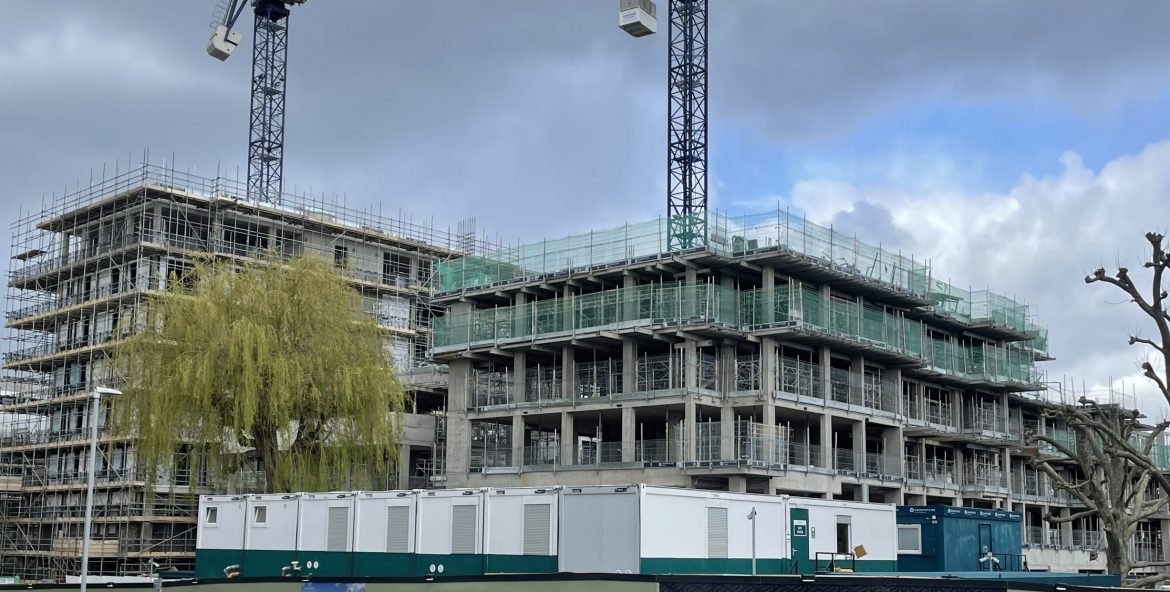Residents are expected to move into the first 42 rented homes on the Cambridge Road Estate (CRE) by the end of 2024, as the redevelopment project continues to progress in its first phase.
In a Corporate and Resources committee meeting on Tuesday, a council officer said: “Those homes have already been allocated and residents are enjoying choosing the colours of their kitchen units and carpets so it’s all very exciting.”
The council project, which has partnered with Countryside Partnerships, is currently in phase 1 of a five phase plan that will see the creation of 2,170 new homes, including an initial 767 council-rented properties.

Planning permission was granted in late 2021, and the first phase began a year later at the end of 2022 with the demolition of the estate starting.
However, in January 2024, it was announced that there would be an additional 104 council-rented homes funded by a grant from the Greater London Authority (GLA).
These 104 homes will be subtracted from the initial number of privately rented or sold properties that would have been listed.
In the committee meeting on Tuesday, councillors met and unanimously noted the changes to the business plan that would occur because of the change in housing figures.
These extra homes will be allocated to households who are not currently residents of the Cambridge Road Estate but are a part of the council’s affordable housing scheme.
Council Leader Andreas Kirsch said: “The council is keen to see all consented sites brought forward for development to deliver much-needed new homes and continue the flow of investment in the borough.”
As of December 2023, there were 2,667 people on the local authority waiting list in Kingston, this number excluding those looking for a transfer.
Although population size plays a significant factor, London Borough waiting lists are regionally the longest in England, and have been increasing for the last eight years.

Cllr Kirsch has acknowledged the “urgent” need for more homes, but cited how the council has faced challenges such as the government’s cap on rent, as well as its temporary freeze, that he said “significantly reduced” council’s capabilities across the country to fund projects directly.
Another problem the council faces is the inability to control what happens to a site once planning consent has been given to a developer with full private ownership of the land.
For example, in 2021, planning consent was given to the John Bunyan site on Cromwell Road, as well as the former County Hall on Penrhyn Road, both of which are now for sale despite initial hopes of housing redevelopment at these locations.
Whilst the council can make suggestions to the private developers, once consent has been given, they do not have any authority to ensure the redevelopment of the property is completed, and there are no guarantees their advice will be taken on board by the developers.
About projects like these, Kirsch acknowledged that the council “unfortunately have no control and not much power after planning consent has been given to make sure that these projects then finally will be brought forward”.
The council is looking to avoid a repeat of these outcomes with the Canbury Place car park site, a project which is still awaiting planning permission after its first proposal by developer Kingston Gate Properties in 2019.
The proposal to build 445 flats along with a gym, nursery, and multiple shops has since been revised due to complaints about the height of the building, but approval has still not been granted by the planning committee.
Regarding the Canbury car park site, Kirsch said: “The council is taking steps, I can assure you, in the case that planning might be secured, to ensure that the site would be brought forward in a timely manner.
“We will do, in the planning process, our utmost, what we can do with the powers that we have to make sure that this will be delivered… if planning consent is given.”
Whether this project will pick up pace remains to be seen, but the development of the Cambridge Road Estate is certainly something the council are pointing to, to show that action is being taken to provide more affordable housing in the borough.
The first phase of the scheme is expected to deliver 453 homes, including 150 council social rented homes, 15 intermediate homes, and 288 private homes.
However, the project is not expected to complete its fifth and final phase until the end of 2035.





